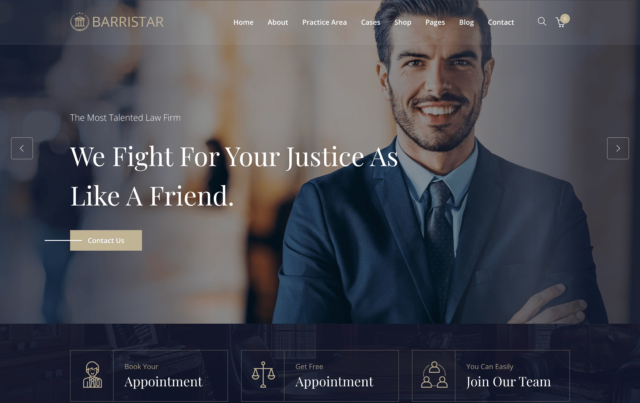Attorney Advertising Rules for the State of Arkansas
Read for more information on the rules for online advertising for Arkansas attorneys
In Arkansas, attorney advertising is governed by the Arkansas Rules of Professional Conduct, specifically Rules 7.1 through 7.5. These rules are designed to ensure that communications about legal services are truthful, not misleading, and uphold the integrity of the legal profession.
Rule 7.1: Communications Concerning a Lawyer’s Services
This rule prohibits lawyers from making false or misleading communications about their services. A communication is considered false or misleading if it:
- Contains a material misrepresentation of fact or law, or omits a fact necessary to make the statement not materially misleading.
- Is likely to create an unjustified expectation about the results the lawyer can achieve.
- Compares the lawyer’s services with other lawyers’ services, unless the comparison can be factually substantiated.
For example, advertisements that guarantee specific outcomes or include client testimonials may violate this rule if they create unjustified expectations.
Rule 7.2: Advertising
Lawyers are permitted to advertise their services through various media, provided they adhere to certain conditions:
- Retention of Advertising Records: A copy or recording of an advertisement or communication must be kept for five years after its last dissemination, along with a record of when and where it was used.
- Payment for Recommendations: Lawyers shall not give anything of value to a person for recommending the lawyer’s services, except for paying the reasonable costs of advertisements or communications permitted by this rule and paying the usual charges of a not-for-profit lawyer referral service or other legal service organization.
- Required Disclosures: Advertisements must include the name of at least one lawyer who is licensed in Arkansas and responsible for its content, and must disclose the geographic location of the office or offices where the lawyer or lawyers who actually perform the services advertised principally practice law.
- Use of Images and Actors: Advertisements may include photographs, voices, or images of the lawyers who are members of the firm and will actually perform the services. If advertisements utilize actors or other individuals, those persons must be clearly and conspicuously identified by name and relationship to the advertising lawyer or law firm and must not mislead or create an unreasonable expectation about the results the lawyer may be able to obtain. Dramatization in any advertisement is prohibited.
Rule 7.3: Solicitation of Clients
This rule addresses direct solicitation of clients:
- Prohibited Solicitations: A lawyer shall not, by in-person, live telephone, or real-time electronic contact, solicit professional employment when a significant motive for the lawyer’s doing so is the lawyer’s pecuniary gain, unless the person contacted is a lawyer or has a family, close personal, or prior professional relationship with the lawyer.
- Permitted Written Communications: Solicitation through written communication is permitted under certain conditions, provided it complies with Rule 7.1 and is not coercive or harassing. Such communications must include specific disclaimers, such as marking “Advertisement” in red ink on the envelope and within the letter, and must not resemble legal pleadings or other official documents.
- Time Restrictions: In cases involving death claims, written communication is not permitted until 30 days after the incident.
Rule 7.4: Communication of Fields of Practice and Specialization
Lawyers may communicate the fact that they do or do not practice in particular fields of law. However, a lawyer shall not state or imply that they are certified as a specialist in a particular field of law, unless they have been certified by an organization approved by an appropriate authority or accredited by the American Bar Association, and the name of the certifying organization is clearly identified in the communication.
Rule 7.5: Firm Names and Letterheads
This rule governs the use of firm names and professional designations:
- Use of Trade Names: A law firm may use a trade name in private practice if it is not misleading and does not imply a connection with a government agency or with a public or charitable legal services organization.
- Names of Lawyers: The use of names of deceased or retired members is permissible if the firm is a bona fide successor. However, the name of a lawyer holding public office must not be used in the firm name during any substantial period in which the lawyer is not actively and regularly practicing with the firm.
Attorneys practicing in Arkansas should familiarize themselves with these rules to ensure compliance in their advertising practices. For comprehensive information and resources, attorneys can consult the Arkansas Judiciary’s Office of Professional Conduct, which provides access to the full text of the Arkansas Rules of Professional Conduct, ethics opinions, and guidelines to assist lawyers in adhering to ethical standards in all aspects of their practice.
Our marketing packages include the following
Search Engine Optimization
Paid Search Management
Legal Content Development
Website Design
Live Chat
Social Media Management









